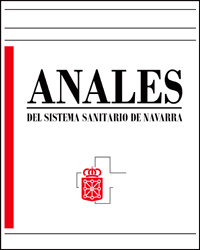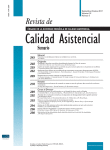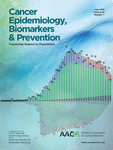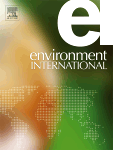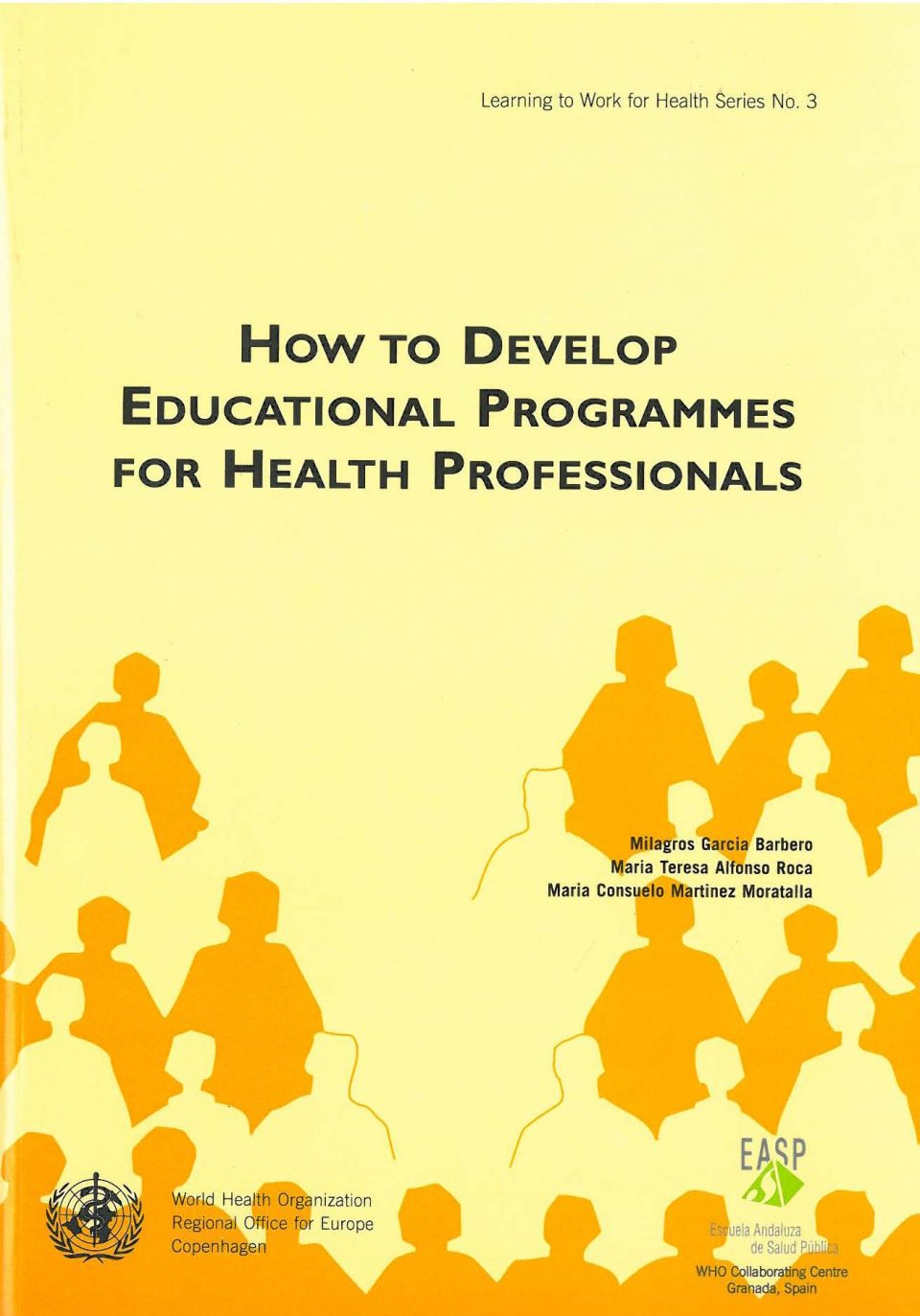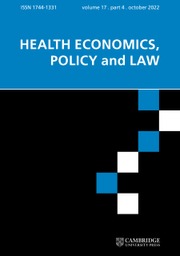Identificación de barreras y facilitadores para la (des)prescripción de benzodiacepinas: un estudio cualitativo con pacientes y profesionales sanitarios
Fundamento. La tendencia en la prescripción de benzodiacepinas ha crecido en la última década. España está entre los países donde este tipo de fármacos es el más prescrito por profesionales en Atención Primaria. El propósito de este estudio es identificar factores que podrían estar actuando como barreras y facilitadores en la (des)prescripción de benzodiacepinas desde…



